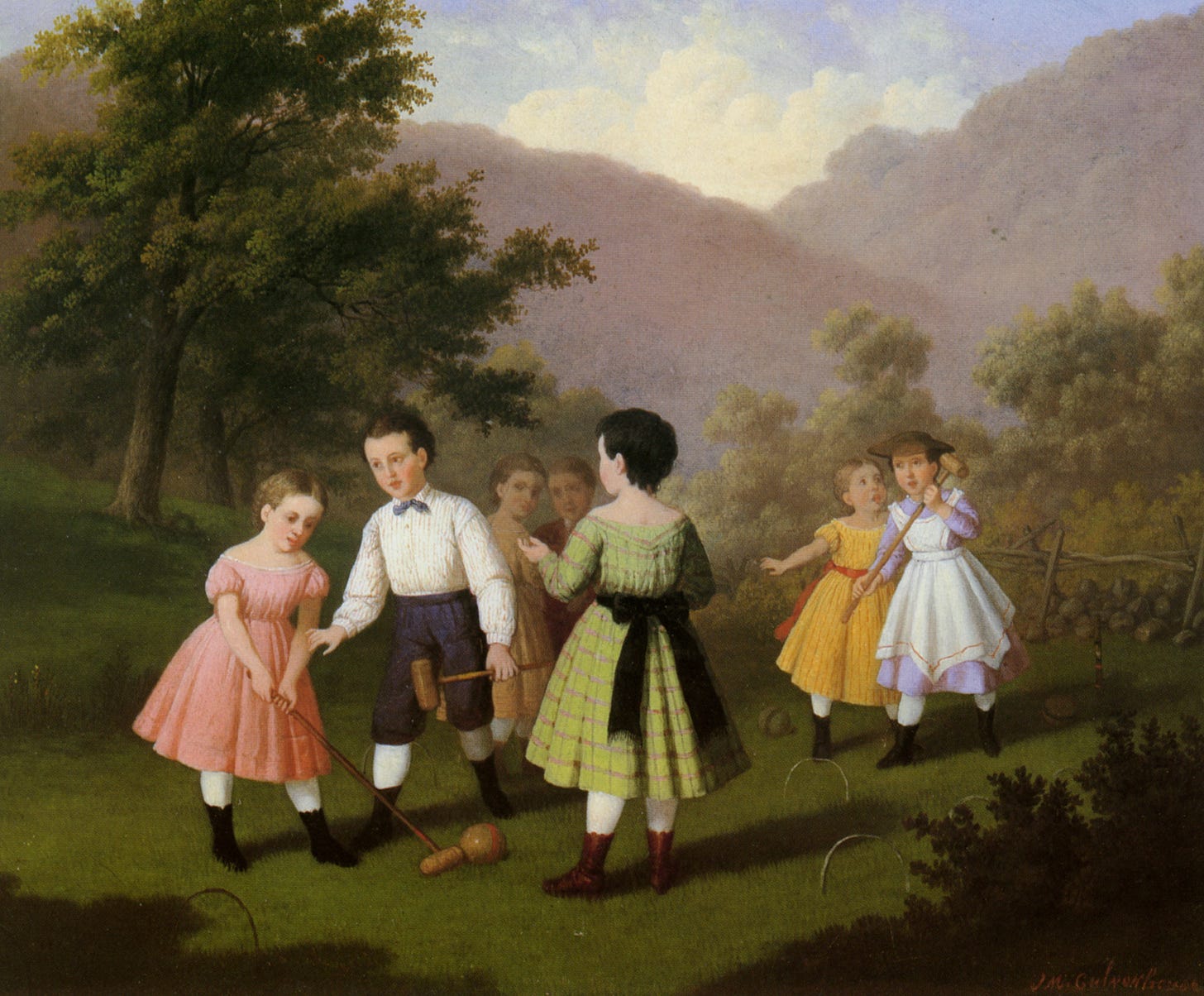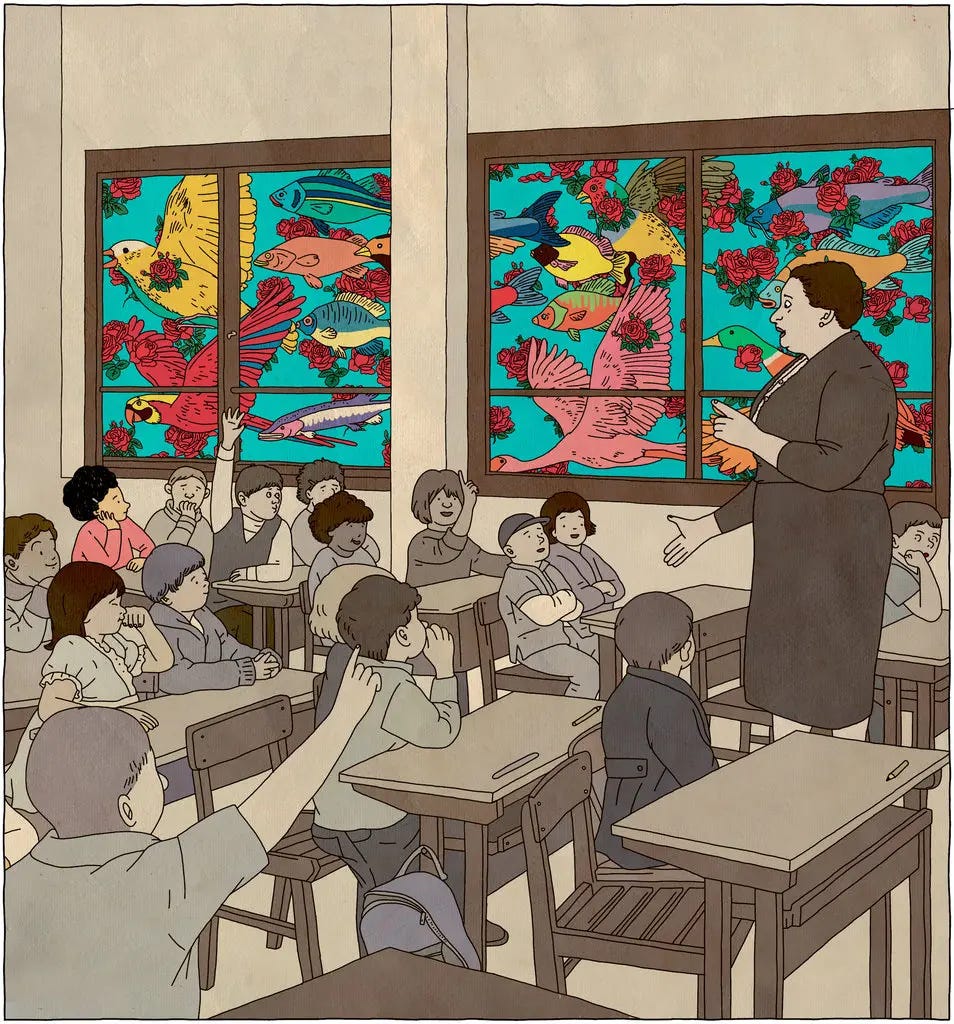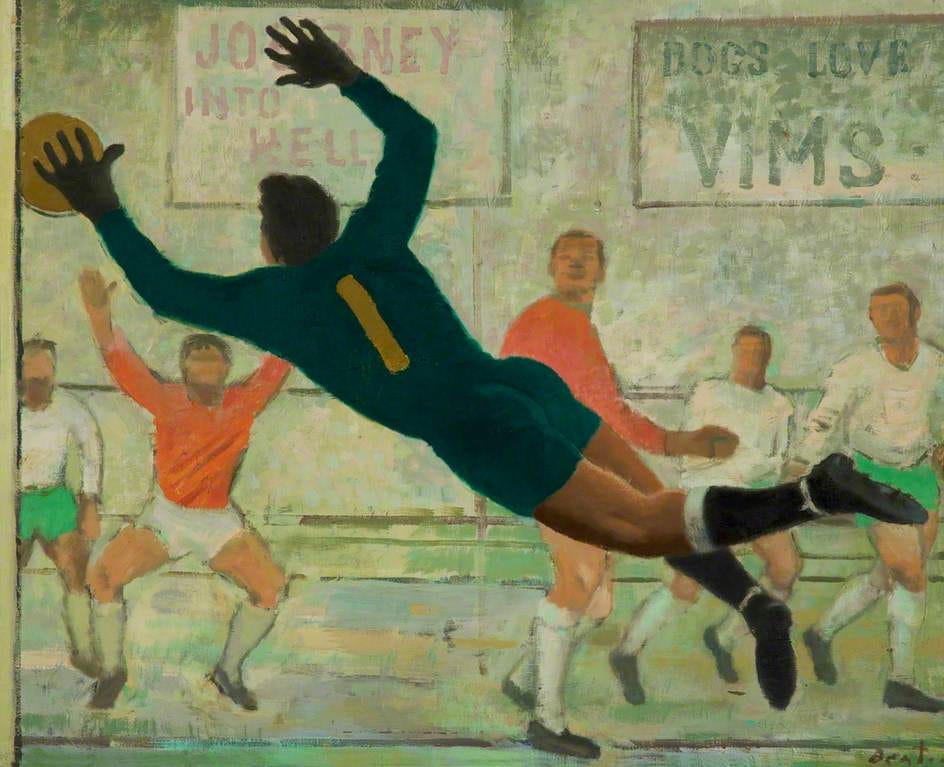Shiny Toy Syndrome
Analysing its causes, effects, and how it affects our everyday lives, including FPL.
CONTENTS
1. Definitions and Context
2. EXAMPLES
2.1 Everyday Decision Making
2.11 Consumer Purchases
2.12 Diets
2.13 Hobbies
2.14 Relationships
2.2 Business
2.21 Chasing Trends
2.22 Neglecting Philosophies
2.23 High Employee Turnover
2.3 Football
2.31 Transfer Windows
2.32 Frequent Managerial Changes
2.33 Tactical Instability
2.4 FPL
2.41 Points Chasing
2.42 Emphasising on One Gameweek
2.43 Constantly Changing Strategies
3. CONCLUSION
[1. Definitions and Context]
Anne-Laure Le Cunff, a PhD researcher studying the Neuroscience of Education at King’s College London, defines the shiny toy syndrome as “[the feeling that] is characterised by wanting to own the latest toy and getting an intense but temporary sensation of happiness from the ownership before moving onto something else.”
We've all been there, haven't we? As children, we often believed that purchasing a new toy car would bring us happiness, and we would find ourselves caught in a loop, buying one toy car after another. Even entrepreneurs can fall prey to this syndrome; while our susceptibility might have been to acquiring new toy cars, theirs may have been to developing new technologies simply because they find it fun and innovative, regardless of its practical applicability.
Humans are never truly satisfied, for better or worse. Our needs will always surpass our wants, and this demand is impossible to fulfill due to the economic concept of scarcity, where demand exceeds supply.
Hence the term 'shiny toy.' This belief is rooted in the childhood phenomenon that we've all experienced at least once: the desire to purchase a new toy, even if the one we have is perfectly fine.
The below has been taken from an article by Michael Whitehouse, and I think it sums up this phenomenon succinctly.
It’s why we start strategies we’ll never finish. It’s why we feel like we’re running in place. Shiny Object Syndrome is what happens when we are always chasing the new shiny thing.
Such examples will be expanded upon in Section 2.

[2. Examples]
As I've mentioned before, the reason I started this series of introspective posts is to raise people's awareness of their decision-making processes and demonstrate how to reduce the obstacles they may encounter on the path to a decision with a favorable outcome. To achieve this, I believe people need to gain a better understanding of themselves and the subconscious actions that influence their decisions. To further illustrate this, I will show you the effects of the Shiny Toy Syndrome by highlighting instances where you may have recently been affected by it.

[2.1 Everyday Decision Making]
To simplify this section, I've divided it into four main subsections: consumer purchases, diets, hobbies, and relationships. This approach allows me to cover a wide range of human experiences, from intrinsic feelings to societal perspectives.
[2.11 Consumer Purchases]
This essentially echoes the toy car example I mentioned in the introduction – the tendency to purchase new items, like a new phone, even when our current one would have sufficed for our needs. The desire for something novel and the associated joy often overrides the logic we could have otherwise exercised.
[2.12 Diets]
Every day, I wake up to new diets being mentioned on the internet. 'Do this,' 'do that,' 'cut out carbs,' and you'll be fit in no time! In reality, we become enticed by the potential results and the marketing of these diets, leading us to constantly chase after new and more exciting diets in pursuit of our fitness goals. Instead, if we find one that we believe suits us and commit to following it to the best of our abilities, we can make much more progress in our quest for improved health.
[2.13 Hobbies]
As the world has become increasingly interconnected and interdependent, our attention spans have decreased due to our pursuit of immediate gratification. If we don't see tangible results after a short period of effort, we often ask ourselves why we should continue. We quickly abandon hobbies in favor of new ones, believing that the new one will either provide immediate satisfaction or that simply taking it up will make us happier, regardless of our expectations of success. While this may sound appealing, it is often more beneficial to stick with our original hobby and find happiness within it, unless it genuinely makes us unhappy, of course.
[2.14 Relationships]
Some people incessantly seek new relationships and friendships, chasing the happiness linked to finding new partners or friends, often neglecting the development of existing ones. This pursuit can result in a lack of meaningful connections that would ultimately outweigh the temporary happiness of a newfound relationship.

[2.2 Business]
In this subsection, I will primarily cover three aspects: the pursuit of growth, the loss of meaning within the business, and the human element.
[2.21 Chasing Trends]
If a business constantly changes its strategy in the blind hope of discovering a market gap, driven solely by optimism rather than a logical assessment of the business environment, it may struggle to build and maintain loyalty with new customers and to establish a consistent brand identity. This is similar to the point about relationships in subsection 2.14.
[2.22 Neglecting Philosophies]
In an ideal world, every business is founded on a core philosophy that makes it unique, and this philosophy ideally resonates with its customers. However, when businesses heavily invest in areas that diverge from their core values, they end up diluting their focus. While this may lead to temporary success in a new market, it can hinder long-term growth and dilute market share in their original market.
[2.23 High Employee Turnover]
This point is connected to subsection 2.22, which discusses neglecting philosophies. All of the following points are diversions from that central concept. Businesses may frequently hire new employees for short-term satisfaction, which can obscure a lack of essential skills. Moreover, constantly changing and diversifying core philosophies can result in overall employee dissatisfaction, leading to employees leaving or being laid off, resulting in unnecessary time and resource wastage.

[2.3 Football]
Football is a sport where fine margins can quickly escalate into epic proportions. When the margins are so thin, clubs must seek any edge they can find. However, in their pursuit, clubs often cross these delicate lines, resulting in unfavorable outcomes. I will focus on such examples that harm clubs in both the short and long run.
[2.31 Transfer Windows]
This example closely resembles the toy car analogy I introduced earlier. Clubs often chase after the best talent or players that money can buy while overlooking the talent they already have. A case in point is Chelsea under Todd Boehly's ownership. They have successfully acquired top talents like Kendra Paez, Angelo, Deivid Washington, and more. However, this approach comes at a cost. Apart from the financial aspect, Chelsea has also lost players like Lewis Hall. While many of Chelsea's signings have potential and high ceilings, this strategy is inherently risky, and most signings end up being profit-maximizing deals. Essentially, the ROI comes through financial gains rather than on-field performances, and the opportunity cost is substantial.
In fact, take a look at what Ange Postecoglou had to say on the matter (via the BBC).
I've always said I've never felt it is about just spending money.
It's about having a squad that's balanced, guys that are committed to a cause. Having guys that maybe aren't going to play every game, but every time they play they are going to make a huge impact for you because they buy into what you are trying to build.
The answer is to get the right chemistry in your team.
It’s important not to abandon your core philosophies in pursuit of something that may never come to fruition.
[2.32 Frequent Managerial Changes]
Clubs frequently hire and fire managers prematurely, prioritizing immediate success over stability and continuity. This behavior is a direct consequence of the Shiny Toy Syndrome. For instance, Watford has had 10 new managers since 2020 alone, reflecting a lack of stability, which is closely related to the high employee turnover mentioned in subsection 2.23. I'm a strong advocate for 'trusting the process' and relying on 'project managers' because I believe it's how a club can develop or rebuild their footballing philosophy. While this approach may not be applicable in all situations, I believe it's the right mindset to adopt when there's a lack of progress.
[2.33 Tactical Instability]
Managers can often be drawn into experimenting with or sticking to tactics that don't truly suit their club, simply because they are trendy or popular in global football. The allure of Pep Guardiola's 3-2-2-3 formation, for instance, was hard to resist. However, football isn't a one-size-fits-all sport. Frequent changes in the team's approach without allowing players time to adapt, learn, and improve can lead to short-term performance declines and decreased squad morale. When this process is data-driven and consistently applied over time, positive results should follow.
[2.4 FPL]
FPL often involves simple and avoidable mistakes that seem more significant due to the game's inherent luck and variance. Despite our lack of control over outcomes, we tend to second-guess our thought process. In this section, I will discuss three commonly overlooked FPL mistakes, often seen as having high upside, but which can also carry significant downsides.
[2.41 Points Chasing]
Past points do not guarantee future points. Just because Player A scored a hat trick and earned 17 points in GW 3 doesn't mean he will do the same in GW 4. When we witness a player's outstanding performance, we may be tempted to acquire them, hoping for a repeat, driven by the happiness of wishful thinking. In reality, we should consider statistics or the 'eye test' – did something change in the team's system that led to Player A's hat trick? Fixture difficulty should also be factored in; if the hat trick was against weaker opponents and the next match is against tougher ones, there is no guarantee of similar success. Just as we want the next toy car, we also want the next asset. Rather than chasing past points, it's better to focus on where the next source of points may come from. There are, of course, exceptions to this approach – for example, since Son Heung-min started playing as a 9, his value as an asset dramatically increased.
[2.42 Emphasising on One Gameweek]
Say, as an example, Player A faces SHU, MCI, ARS in his next three matches. The temptation to buy him is high, especially when he's up against the worst defense in the Premier League in the next match. We often fall into these traps because we're eager to enjoy the excitement of acquiring a new asset without considering the long-term implications. He might be great for this week, but what about the future? Are you willing to keep him? The opposite also holds true. If he played MCI, SHU, LUT, we might focus too much on the difficulty of the first fixture and overlook the favorable fixtures that follow.
[2.43 Constantly Changing Strategies]
I remember wanting to use my wildcard one week simply because I wanted to overhaul my team. It wasn't a necessity; I just wanted new assets in my squad. This inclination is especially common after weeks where our performance hasn't been great, leading us to believe our team is subpar. However, that's often not the case, as FPL is a game with high variance. This behavior doesn't just apply to wildcards; it can also be seen in simple transfers. Action bias and the Shiny Toy Syndrome drive us to seek immediate satisfaction rather than maintaining a long-term, sustainable outlook.

[3. Conclusion]
I believe that simply being aware of the Shiny Toy Syndrome can help us avoid falling into its trap. When facing this issue, frame it in an easy-to-understand manner, allowing you to view it from an unbiased, third-person perspective and separate preconceived biases from a logical approach. Define both your short-term and long-term goals, ensuring that you don't sacrifice one for the other. Prioritize tasks on your to-do list in alignment with your goals and avoid always seeking immediate gratification. Additionally, self-discipline and patience go hand in hand with these principles.









